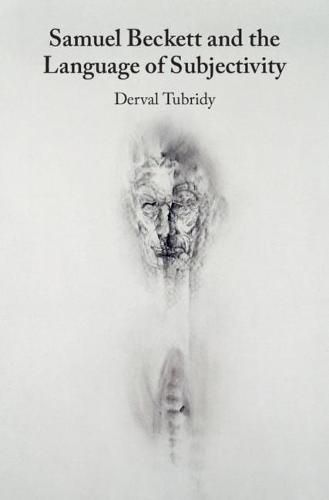Readings Newsletter
Become a Readings Member to make your shopping experience even easier.
Sign in or sign up for free!
You’re not far away from qualifying for FREE standard shipping within Australia
You’ve qualified for FREE standard shipping within Australia
The cart is loading…






Samuel Beckett and the Language of Subjectivity is the first sustained exploration of aporia as a vital, subversive, and productive figure within Beckett’s writing as it moves between prose and theatre. Informed by key developments in analytic and continental philosophies of language, Tubridy’s fluent analysis demonstrates how Beckett’s translations - between languages, genres, bodies, and genders - offer a way out of the impasse outlined in his early aesthetics. The primary modes of the self’s extension into the world are linguistic (speaking, listening) and material (engaging with bodies, spaces and objects). Yet what we mean by language has changed in the twenty-first century. Beckett’s concern with words must be read through the information economy in which contemporary identities are forged. Derval Tubridy provides the groundwork for new insights on Beckett in terms of the posthuman: the materialist, vitalist and relational subject cathected within differential mechanisms of power.
$9.00 standard shipping within Australia
FREE standard shipping within Australia for orders over $100.00
Express & International shipping calculated at checkout
Samuel Beckett and the Language of Subjectivity is the first sustained exploration of aporia as a vital, subversive, and productive figure within Beckett’s writing as it moves between prose and theatre. Informed by key developments in analytic and continental philosophies of language, Tubridy’s fluent analysis demonstrates how Beckett’s translations - between languages, genres, bodies, and genders - offer a way out of the impasse outlined in his early aesthetics. The primary modes of the self’s extension into the world are linguistic (speaking, listening) and material (engaging with bodies, spaces and objects). Yet what we mean by language has changed in the twenty-first century. Beckett’s concern with words must be read through the information economy in which contemporary identities are forged. Derval Tubridy provides the groundwork for new insights on Beckett in terms of the posthuman: the materialist, vitalist and relational subject cathected within differential mechanisms of power.